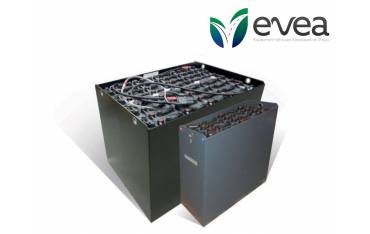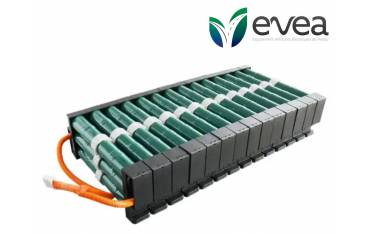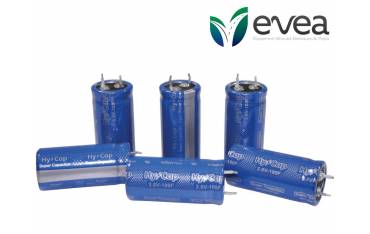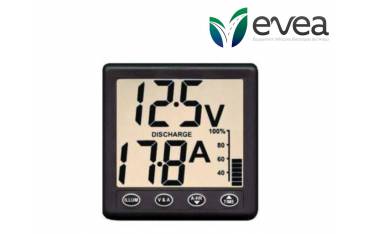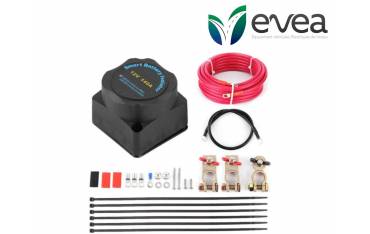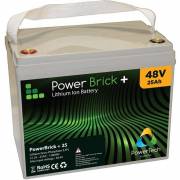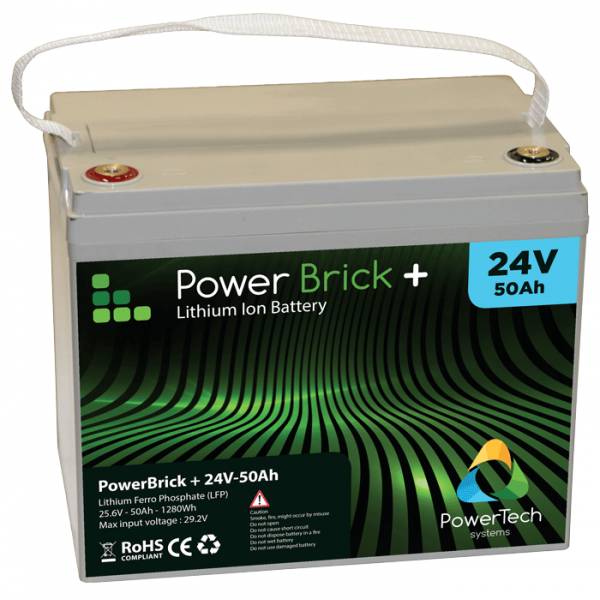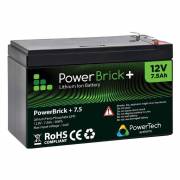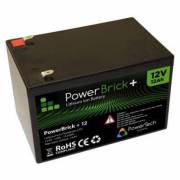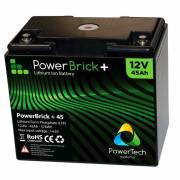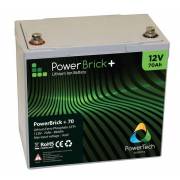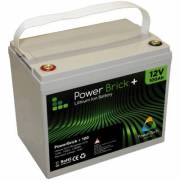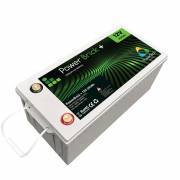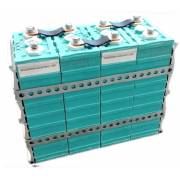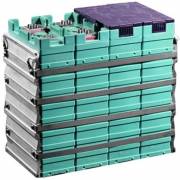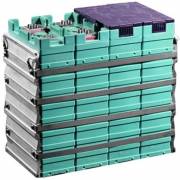Storage batteries, often simply called batteries, are electrochemical devices used to store and deliver electrical energy. They are commonly used in a wide variety of applications, from powering portable electronic devices to powering electric vehicles.
Here are some key points to know about storage batteries:
Chemical composition: Storage...Storage batteries, often simply called batteries, are electrochemical devices used to store and deliver electrical energy. They are commonly used in a wide variety of applications, from powering portable electronic devices to powering electric vehicles.
Here are some key points to know about storage batteries:
Chemical composition: Storage batteries are composed of electrochemical cells that typically contain materials such as lithium-ion, nickel-cadmium (NiCd), nickel-metal-hydride (NiMH), or lead-acid.
Recharging: To recharge a storage battery, an electrical voltage opposite to that generated during discharge must be applied. This can be achieved using specific chargers designed for each battery type.
Types of storage batteries:
Lithium-ion batteries: They are commonly used in cell phones, laptops, cameras, electric vehicles, etc.
NiCd batteries: They have been widely used in the past but are gradually being replaced by more efficient and less polluting batteries.
NiMH Batteries: They are used in applications such as cameras, toys, power tools, etc.
Lead-acid batteries: They are commonly used in automotive vehicles, inverters, emergency power systems, etc.
Benefits :
Economical in the long term because they can be recharged many times.
More environmentally friendly than disposable batteries.
Available in a variety of sizes and shapes for various applications.
Reliable and efficient for many uses.
Disadvantages:
They have a limited lifespan and eventually degrade over time.
Some batteries, such as lithium-ion batteries, can be susceptible to overcharging, overheating, and deep discharge, which can lead to safety issues.
They may be more expensive to purchase than disposable batteries, but they are more cost effective in the long run.
In summary, storage batteries are essential devices for many electronic and electrical applications, providing a portable and rechargeable source of energy. They have become essential in our daily lives and in many industries due to their efficiency and durability.Batteries
There are 31 products. SubcategoriesTraction and solar energy storage lead batteries
Traction and solar energy storage lithium batteries and cells
Super-capacitors, Ultra cap, Ultracapacitor
Battery Management System
Batteries parts: battery clamp, terminal cover...



